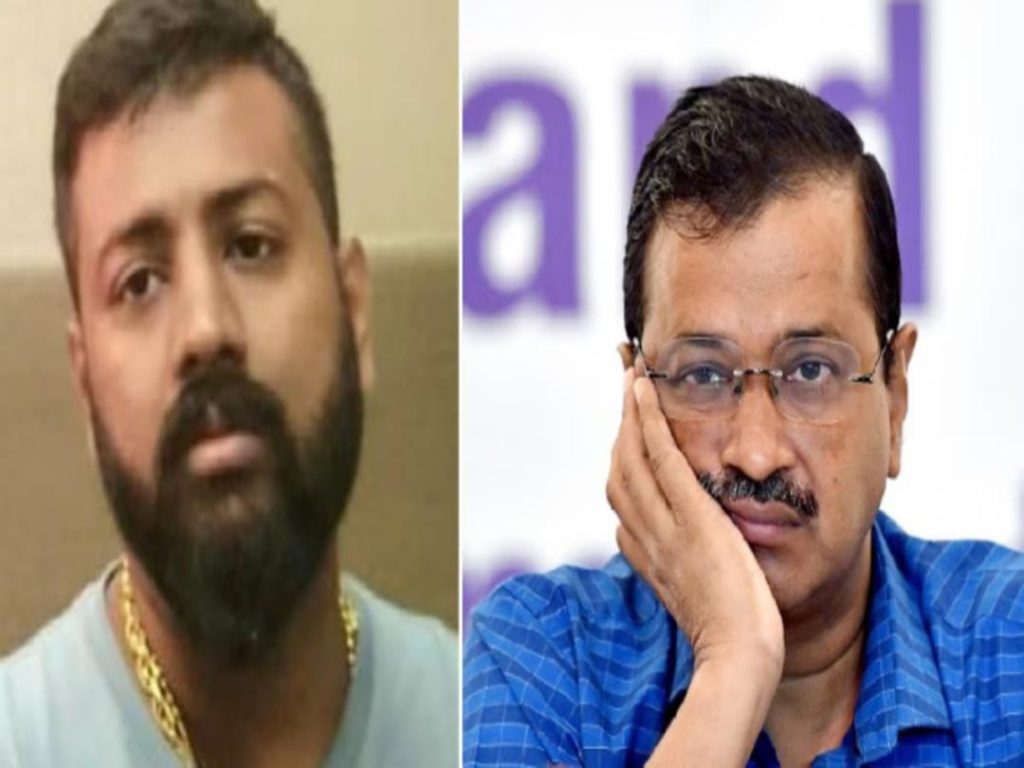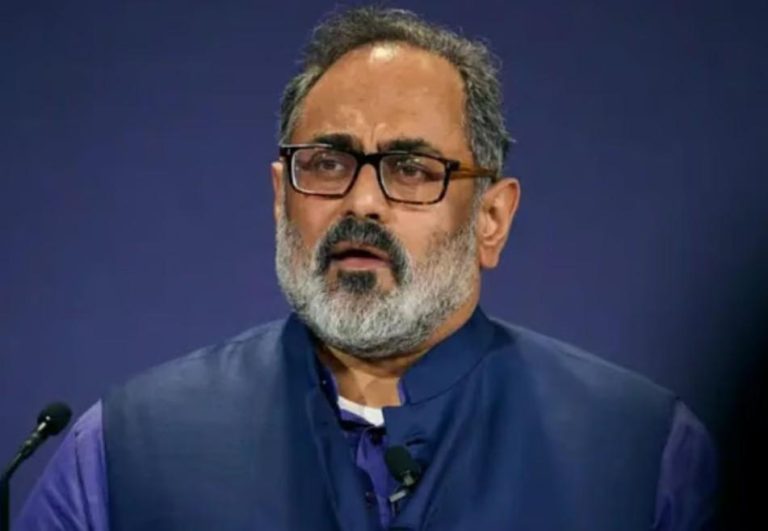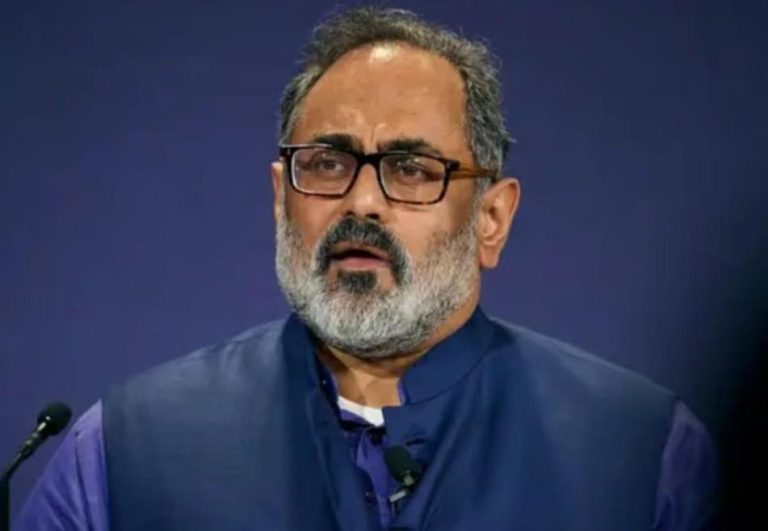
Stop Daydreaming about Becoming PM & Retire: Sukesh to Kejriwal on Delhi Poll Defeat
The recent Delhi Assembly elections have sent shockwaves across the political spectrum, with the ruling Aam Aadmi Party (AAP) facing a massive defeat at the hands of the BJP. The loss has been especially stinging for AAP’s chief, Arvind Kejriwal, who had been touted as a potential future Prime Minister of India. However, one individual who is not shedding tears for the AAP leader is jailed conman Sukesh Chandrashekhar.
In a surprise move, Sukesh took to social media to congratulate Kejriwal on his defeat, but not before taking a few jabs at the AAP chief. In a series of tweets, Sukesh wrote, “Congratulations to @ArvindKejriwal ji on his defeat. Stop all your daydreaming of wanting to be PM… You and your associates should pack your bags and retire for good. I had challenged you six-eight months ago that you would lose your seat and AAP would lose power in Delhi, and that’s exactly what happened.”
Sukesh’s remarks have left many scratching their heads, wondering why a convicted conman would have the audacity to troll a high-profile politician like Kejriwal. However, it’s worth noting that Sukesh has a history of making bold statements and has never been one to shy away from controversy.
So, what was behind Sukesh’s sudden outburst of confidence? It’s likely that the conman was trying to rub salt into Kejriwal’s wounds, capitalizing on the AAP leader’s defeat to gain some fleeting attention. Sukesh has always been known for his ability to create a stir, and his tweets about Kejriwal’s defeat are just the latest in a long line of attention-grabbing antics.
However, it’s also possible that Sukesh’s remarks were more than just a simple attempt to troll Kejriwal. As someone who has been involved in the world of politics for many years, Sukesh may have some insight into the machinations of the political establishment. It’s possible that he is trying to send a message to Kejriwal and the AAP, warning them that they are not as powerful or invincible as they think they are.
Regardless of Sukesh’s motivations, his comments have sparked a heated debate about the merits of the AAP’s campaign and Kejriwal’s leadership. Many have questioned whether the AAP’s focus on issues like freebies and corruption was enough to win over voters, or whether the party’s lack of a clear economic agenda was a major turn-off.
Others have pointed to Kejriwal’s divisive rhetoric and his tendency to play the victim as major factors in the AAP’s defeat. Kejriwal has often used his platform to demonize his political opponents and to paint himself as a heroic figure, fighting against the corrupt and powerful elite. However, this approach has often backfired, alienating potential voters and creating a sense of distrust and unease.
Despite the controversy surrounding his remarks, Sukesh’s comments have also sparked a wider discussion about the state of Indian politics. Many have questioned whether the country’s political leaders are truly committed to serving the public interest, or whether they are more interested in advancing their own personal agendas.
In light of Sukesh’s comments, it’s worth asking whether Kejriwal and the AAP are truly ready to govern a city like Delhi, which is one of the most populous and economically vibrant in the country. While Kejriwal has certainly been a vocal advocate for the rights of ordinary citizens, his leadership style and approach to governance have been widely criticized.
Ultimately, the defeat of the AAP in the Delhi Assembly elections is a wake-up call for Kejriwal and his party. It’s a reminder that, in the world of politics, you can’t just rely on charm and charisma to get by. You need to have a clear vision, a solid plan, and the willingness to listen to and work with the people.
As for Sukesh, it’s unlikely that his comments will have any lasting impact on the political landscape. However, they do serve as a reminder that, in the world of politics, there are always going to be people who are willing to say the unsayable and to challenge the status quo.
Source:




